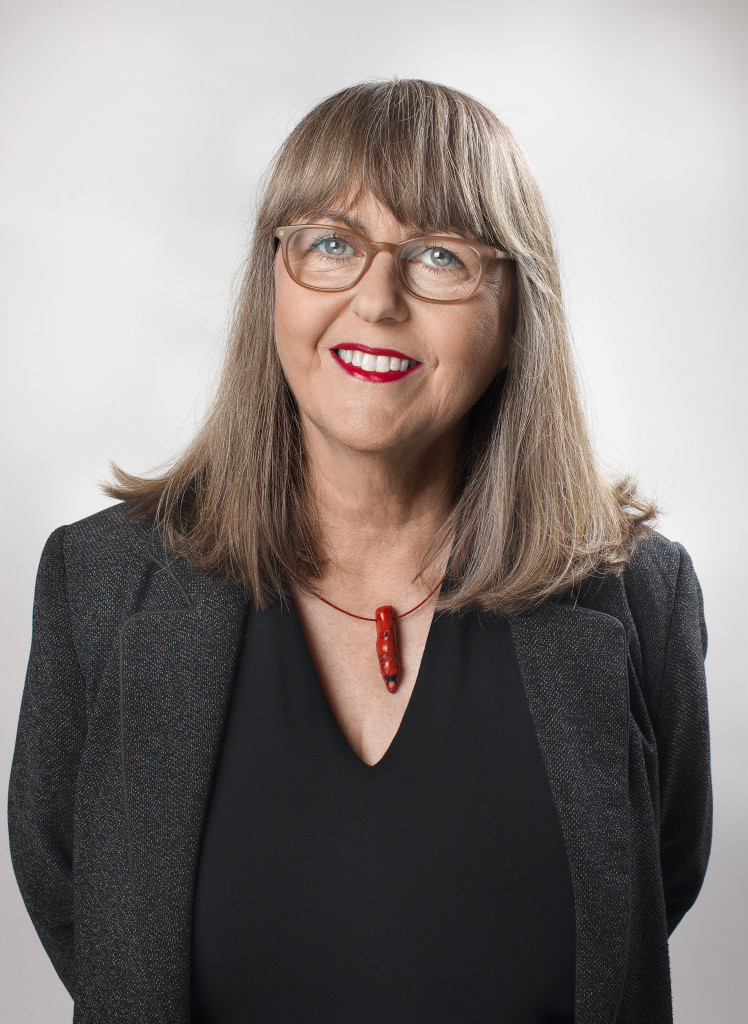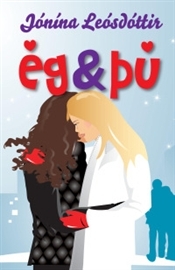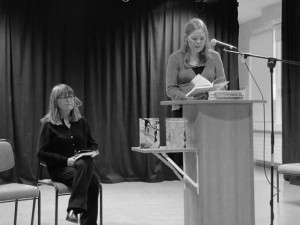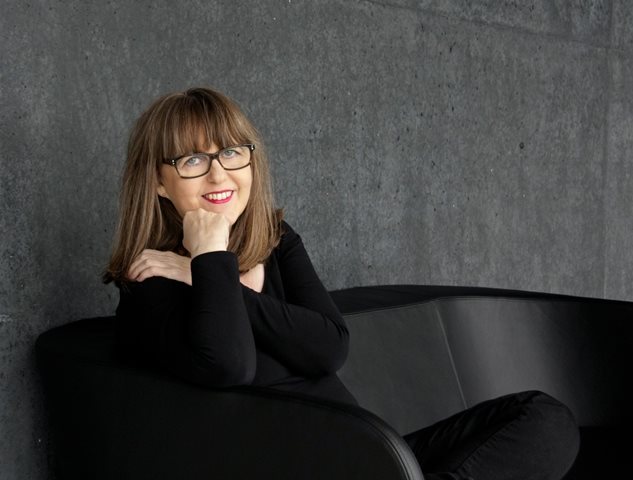Jónína Leósdóttir’s trilogy about the emotional life of a teenager where the protagonist comes out as a lesbian is one of the best Icelandic literature work that’s been written for young adults. I met with Jónína and talked to her about the importance of queer characters in our stories and culture, both for young people finding their place in the world and as a reflection of society’s true diversity.
Is it important to young adults have books written about LGBTQIA+ teens?

“It’s absolutely necessary, not just for those teens, but straight ones as well. Although, I think it works best when the sexual orientation of the character doesn’t matter at all, like in the Icelandic novel “Confessions of a Milk Carton Poet” (i. Játningar mjólkurfernuskálds), a story about a girl who lives with her two fathers. I think the author Arndís Þórarinsdóttir did a beautiful job on never mentioning the birth mother or trying to explain why the girl is raised by two men. That’s how it should be, it’s just a normal part of life that needs no explanation.
It’s immensely important for people of all ages that literature, films, plays, and basically all art reflects the diversity of everyday life. Although I think forcing a certain character into a story is never a good idea. It’s neither desirable nor practical.
On the other hand people who create stories have a certain responsibility. For the longest time queer people didn’t have many role models causing them to keep to themselves, hiding in their dark closet believing there was no-one out there like them.
Straight couples where everywhere. In books, on the stage, on the silver screen, and on TV and not to mention the perfect family seen in all ads, where there’s always a dad, a mom, children and a car. That image affected straight people too and strengthened their belief that everyone was just like them, and didn’t exactly encourage them to be sensitive towards the feeling of queer people or promote tolerance.
When I was growing up, people truly believed that there were almost no queer people in Iceland. Today most people have some connections to a LGBT person, either within their family or among their friends. At the same time the proportion of LGBT people is no more today than it was back then. They’ve just become more visible.”
“For the longest time queer people didn’t have many role models causing them to keep to themselves…When I was growing up, people truly believed that there were almost no queer people in Iceland.”
Do you think it’s important to put books that have queer characters under a specific genre?
“Yes and no. Like I said before, it’s important that stories reflect true diversity, but when we discover new sides to ourselves or have a new experience many of us seek out reading material that supports and educates us.

When I found myself in love with a woman in my thirties I read lots of books on being gay, both fiction and nonfiction. Therefore it can be helpful to have that specific genre.”
How have you addressed being gay in your own work?
“In 1997 I wrote a play for Aristofanes, Breidholt’s College drama club, called “A Secret” (i. Leyndarmál). It was about a college/high school girl who discovers she’s gay. That was the first time I wrote about this issue and it made me happy how well received it was and also that the high schools at Ísafjörður, Selfoss and Akureyri also put up a production of it.
Ten years later I published three novels where the protagonist is a teenage girl from Vík who has a boyfriend at the beginning of the first book, but a girlfriend at the end of the last one. I chose to have her transition take 2 to 3 years, because I think it takes most people some time to realise that they are gay. For the most part people are raised in an environment where everybody is straight. Like there’s nothing else. That big discovery that you belong to a minority needs time to settle in. And some people need time to come with terms with their situation and learn to accept it.
But these books weren’t just about coming out, a lot of other things are going on with the protagonist’s friends and within her family. Therefore the books easily reached a broader audience. I especially enjoyed the fact that boys didn’t shy from reading the trilogy even though the protagonist is a girl.”
Do you believe authors need to be encouraged to write about LGBTQIA+ characters?
“I think that comes naturally here in Iceland since there have been a lot of changes in how society perceives queers. Icelandic authors, playwrights and screenwriters are not shy about using LGBT characters.

Unfortunately that is not the case in societies where LGBT rights have not yet been accepted. Therefore it was particularly joyful that Marlon James, a gay man from Jamaica, received the Man-Booker Prize recently for a book he wrote with gay characters. In Jamaica men can get up to ten years in prison for having sex with other men.”
Is it important for us to have books and stories that are set in Icelandic reality?
“Oh yes. Even though the western world has much in common, it’s vital for people, especially children and teenagers, to have access to stories in books, films and on TV that originate in our society and reflect on our unique situation.
If we don’t do that we’re going to see our language and culture slowly fade away. Our heritage is at stake, no less.”


